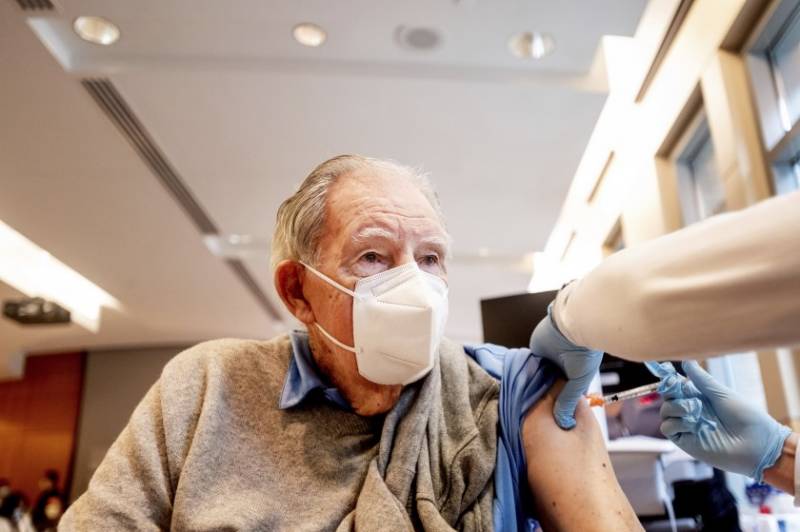After months of advocacy, disability rights groups have succeeded in convincing state officials to reconsider moving people with serious medical conditions further up in line to receive the COVID-19 vaccine.
The state has flip-flopped several times on whether to prioritize vaccinations based on age or on occupation and underlying medical conditions, weighing the virus risk for the different groups.
Last week, the state shifted its plan to a simpler age-based system, deprioritizing those in certain front-line jobs or with underlying medical conditions, who had previously been closer to the front of the line. Under that system, set to begin in mid-February, the state would first prioritize people 65 and older, as well as certain essential workers, including grocery workers, teachers and emergency responders. It would then move to vaccinate the rest of the adult population in age order, from oldest to youngest.
That change, however, sparked an uproar, particularly among younger people with disabilities — many of whom have chronic underlying medical conditions and often have to be in close contact with multiple caregivers — and are particularly vulnerable to contracting and dying from the virus.
The state's latest proposal, discussed Wednesday, would place people with disabilities higher on the list — after seniors 65 and over and those in the riskiest jobs, but before moving to an age-based system for people 64 and younger.

